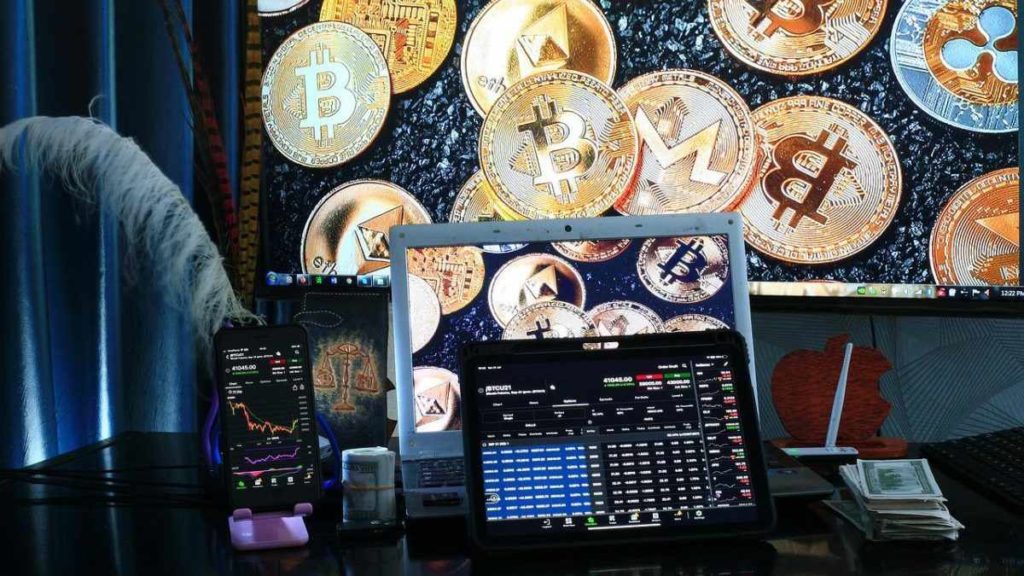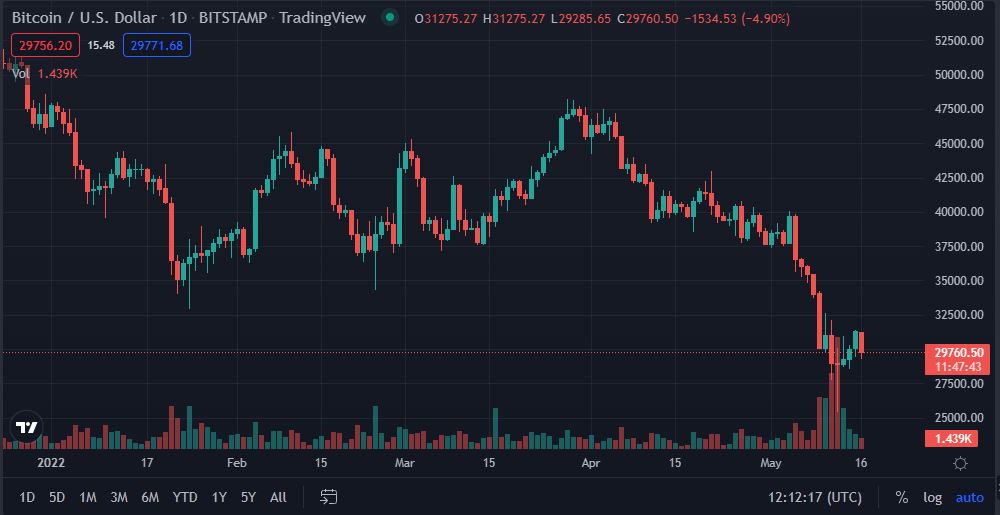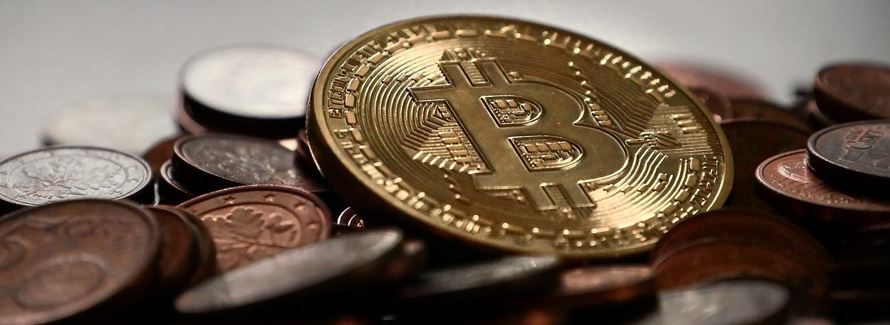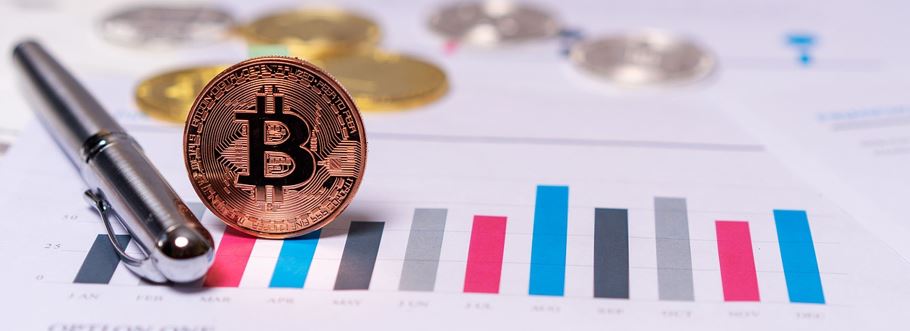Rising inflation, Fed interest rate hike and geo-political pressure around the globe have created strong headwinds for crypto and the broader financial market alike. The dizzying downturn of the recent market crash has sparked a palpable panic among investors stirring up fears of a recession. In this article lets us delve deeper to understand the looming economic recession and how would it affect the cryptocurrencies industry.
On May 16, American and European equity markets tottered as weak economic data from China put further pressure on the global economic outlook. The S&P 500 index closed at 0.4 per cent lower for the day along with the tech dominated Nasdaq Composite which dropped 1.2 per cent.
In the crypto spectrum, Bitcoin (BTC) started the week on a weary note as it climbed above $30K for a a little while but fell shortly after to trade at $29K. The world’s largest cryptocurrency recorded seven consecutive red weekly candles for the first time in history. All these factors combined paint a gloomy picture of a global economic growth.
Will An Economic Recession Negatively Impact Cryptocurrencies?
It has been observed that the crypto market has been moving in tandem with the larger financial market as the prices of cryptocurrencies dropped after the blue chip Dow Jones Industrial Average lost more than 100 points last week and the NASDAQ plunged by 5 per cent. Bob Iaccino, chief strategist at Path Trading Partners and co-portfolio manager at Stock Think Tank said,
“Bitcoin has really bound itself to the Nasdaq in terms of correlation, and if the Fed keeps hiking rates and if the market believes [it is] going to hike rates, recession or not, Nasdaq suffers in the short term. And if this correlation continues, then crypto suffers, too.”
During recession periods, there is a lot of trading activity as panicked investors initiate trade to limit their losses. Since cryptocurrencies are decentralized, they hold specifications typical of a commodity in the sense that it has value no matter how an economy is performing.
Unlike a stock, its upside is not directly the result of strong sector tailwinds, technological advantages, innovation, financial discipline, or a great management team. Rather, digital assets has value in both economic expansions and contractions.
For example, Bitcoin’s primary factor which makes it a hedge against inflation is its limited supply of coins. With no excess supply, the coins that already exist will eventually become scarce, increasing the demand and, in turn, increasing the price of the asset.
There Is No Crypto Winter
Jeff Dorman, chief investment officer at asset management firm Arca, opined that digital assets create value through network growth and brand loyalty as opposed to equity and debt, which represent a claim on assets. He remarked,
“Given this backdrop, it’s possible digital assets are the only asset class that a recession wouldn’t negatively impact.”
Alkesh Shah, global crypto and digital asset strategist at Bank of America, revealed that despite the economic headwinds, there is still no imminent “crypto winter”. Though the sector’s overall valuation has been stuck between $1.5 trillion and $2.3 trillion for the past couple of months, that could change by the end of the year because of increasing signs that the government will offer some details around crypto regulations. Shah remarked,
“Our sense is that by the end of this year if we start getting some regulatory clarity, that would also give enough time for a lot of macro factors to be digested. It’s possible that we start moving out of this range sometime over the next six to 12 months.”
Conclusion
As the author of ‘Master of Stupidity’, Toba Beta once said, “World needs a new order of modern economy”, we believe cryptocurrencies will garner a more main stream status in the financial world. Once inflation trends lower, there’s reason to believe spending will keep growing and economic growth will settle at a healthy clip.
Our content is intended to be used and must be used for information purpose only. We recommend you to carry out your own investigation before investing.













